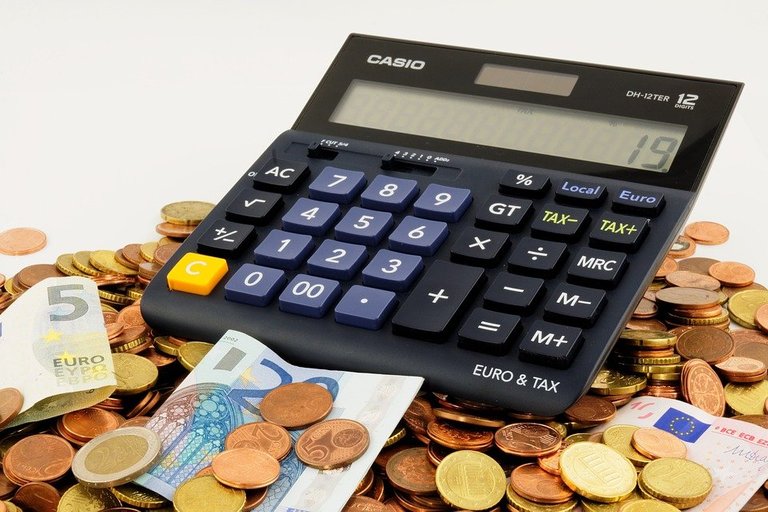As I said in my one of the earlier post that it's almost 5 months we are working from home and those of us who are fortunate to have jobs and can continue to work from home are saving some part of the income due to this WFH.

PC: Pixabay.com
For some of my friends, this COVID-19 has proved to be a savings boon because they can able to save around 70-90% of their salary. The reason for it is that they have moved to their home town which is usually a Tier-1 or Tier-2 cities and thus their expenses came down drastically. If you are staying in Tier-1 cities almost 40-50% of your salary is spent on two things rent and commute and thus since my friends have moved away they don't have to commute as well as they don't have to pay rent too. Paying rent is subjective because some of my friends have left Bangalore altogether because there is no point in paying such high rent when their company has given WFH until 31st Dec 2020.
Some of my friends are still keeping the rented house but still, their monthly expense has come down because of grocery and commute. Since some of the schools are only charging just the tuition fees, there is an extra saving to those who have kids. Whatever is the case, in my opinion, discretionary spending has gone down for most of the families as they are confined to their homes and avoid public spaces.
So what to do with this extra savings, let's go through:-
Increase Emergency Fund - We usually hear that first step for any person to have financial independence is to have an emergency fund. Now, the emergency fund should be around 3-6 months of your monthly expense. But since the COVID has shown us the uncertainty, it's now advisable to have more money in your emergency fund. Like if you are a single earner in the family, it's better to keep emergency fund up to 12 or even 24 months to be extra cautious rather than having it for 3-6 months. Most of my emergency fund is in the form of FD, now I am adding the extra emergency fund in the liquid fund as well as in ultra-short fund. It serves two purposes, my emergency fund as well as my exposure to debt funds. I keep it 60:40 ratio of Liquid Fund and Ultra Short Fund because usually, the liquid fund does not have exit load and its easily available. If by any chance I need an emergency fund, I will use FD, then liquid and then Ultra Short Fund, mostly my FD and Liquid Fund will take care of any emergencies.
Pay off High-Interest Loans/Debts - I usually argue with my friends to invest or pay off loans, everyone has their opinion but I think paying of loans should be a priority because of the peace of mind you will get when you are loan free. Since we have a volatile market and thus keeping in the market give you a handsome return or even you can lose some money, but first thing is to clear that debt because you can only have more risk with your money if you are debt-free.
Try to Accomplish Goals - Though most of us have short term and long term goal in our mind and our investment reflects that, so once you have a good amount of emergency fund as well as you have paid off loans then the best thing to do is to start investing on the goals you have in your mind. Like for me, I wanted to have a basic car in another 3 years, thus the extra savings have given me that extra cash to start investing in some of the mutual funds so that I have money in like 3 years to buy the car on my money instead of applying for a loan. Along with that, it's better to start investing in yourself for upgrading yourself because of this uncertain future.

PC: Pixabay.com
Also along with the above things you also should keep in mind that your savings will stop once you start going to office again and also the tax, you have to pay more tax now because we are not availing the deductions and thus we should use our savings carefully.
Posted Using LeoFinance
Your current Rank (135) in the battle Arena of Holybread has granted you an Upvote of 9%